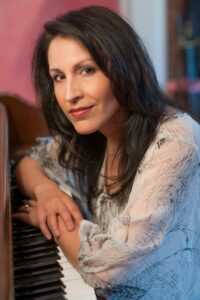 Today we’d like to introduce you to Rosana Eckert.
Today we’d like to introduce you to Rosana Eckert.
Hi Rosana, can you start by introducing yourself? We’d love to learn more about how you got to where you are today.
I was a band kid who played French horn and grew up singing a cappella Barbershop harmony and Mexican trio music with my parents. I loved vocal harmony. I majored in music in college, getting a Bachelor’s in classical theory and French horn from UNT. During that degree, I discovered UNT’s thriving jazz department. Fast forward a few years, I was the first vocalist to graduate with a jazz studies degree from UNT, and they hired me to be the first private teacher in jazz voice (also the first woman hired to teach on the jazz faculty). Since 1999, I have helped build the program, which has become one of the largest and most renowned vocal jazz programs in the world. In addition to my work at UNT teaching private jazz voice, solo performance, songwriting, and vocal pedagogy, I do a lot of studio work, voiceover acting, choral writing/publishing, solo recording/writing/arranging, and performing with various groups, including two of my own bands.
Alright, so let’s dig a little deeper into the story – has it been an easy path overall, and if not, what were the challenges you’ve had to overcome?
It’s been a relatively smooth road, actually. I just researched the path, worked hard, stayed on the path, and tried to be cool to my colleagues. Some struggles along the way have been navigating the interpersonal dynamics in various settings, particularly being a woman in the male-dominated environment of jazz, professional music, studio recording. It has also been a struggle trying to balance work and personal life. Doing music for a living is like doing your hobby for a living, and it can be hard to “shut things down.” I often feel like my mind is always “at work,” so trying to shut that down is a constant struggle.
Appreciate you sharing that. What else should we know about what you do?
I have a multi-faceted career, so I guess I’m most known for my versatility and flexibility in the industry. After college, I started out doing a lot of freelance work in addition to some part-time teaching a little at UNT. I learned a lot in the freelance world, and still do! The early freelance work included singing in wedding bands, leading my own jazz combo, and doing a lot of jingle singing in the studio for different production companies. The UNT job eventually turned full-time, and it helped expand my engagement with the vocal jazz educational community. I started arranging jazz choir music, eventually getting published by Hal Leonard, the world’s largest music publisher. That led to many more opportunities, including writing a book, Singing with Expression, co-writing a jazz musical for kids, getting invitations to adjudicate and clinic at jazz festivals, and getting invitations to conduct all-state jazz choirs around the country. As a singer, I’ve recorded several solo albums, and I’ve collaborated with some wonderful musicians. Some of those collaborations have led to Grammy nominations. Recently, I sang on a piece called “Eberhard” by legendary jazz pianist Lyle Mays, who composed this final piece before he passed away. It’s a breathtaking 13-minute mini-symphony, and it won the Grammy for Best Composition in the 2022 Grammy Awards. It was a thrill to sing on it, and it was a thrill to attend and see it win. In addition to the singing and writing, I added voiceover work to my list of “jobs,” getting representation by the Kim Dawson Agency in Dallas. One of my regular jobs is being the in-house promo announcer for KERA TV, channel 13 — Dallas’s award-winning PBS TV station.
In terms of your work and the industry, what are some of the changes you are expecting to see over the next five to ten years?
The music industry is an ever-changing mystery. I am hopeful that we get the streaming income worked out. It seems completely insane to me that musicians can’t make money from selling their music anymore. The idea that music is essentially free to all listeners, with musicians hardly making any money from selling music, is hurting our industry so much. There are certainly plus-sides to the DIY nature of things — for one, more artists are able to get their music out into the world. However, it doesn’t yet seem fair for musicians. I think it’s a work in progress, and I’m hopeful the industry will find a good balance.
Contact Info:
- Website: www.rosanaeckert.com
- Instagram: https://www.instagram.com/rosana_eckert
- Facebook: https://www.facebook.com/rosanaeckertmusic/
- Youtube: https://www.youtube.com/@RosanaEckert
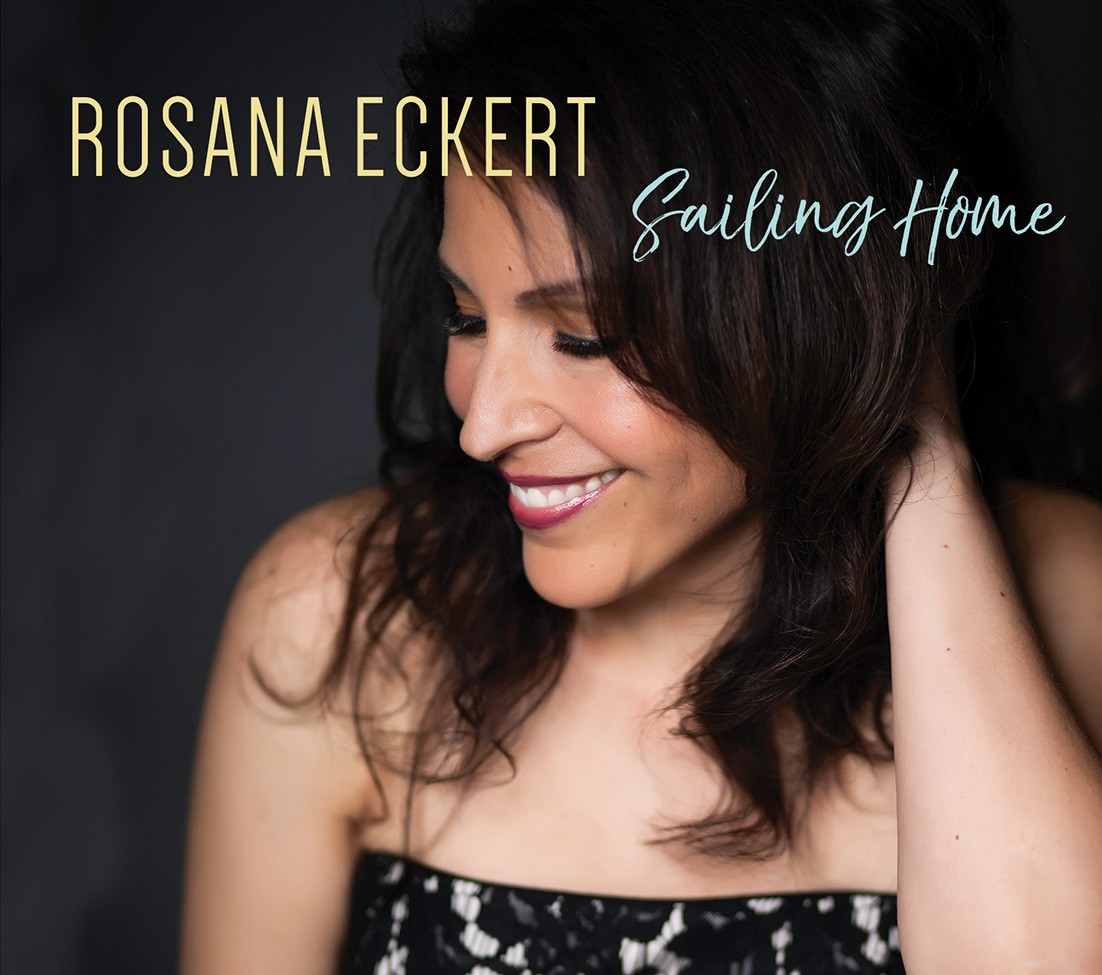
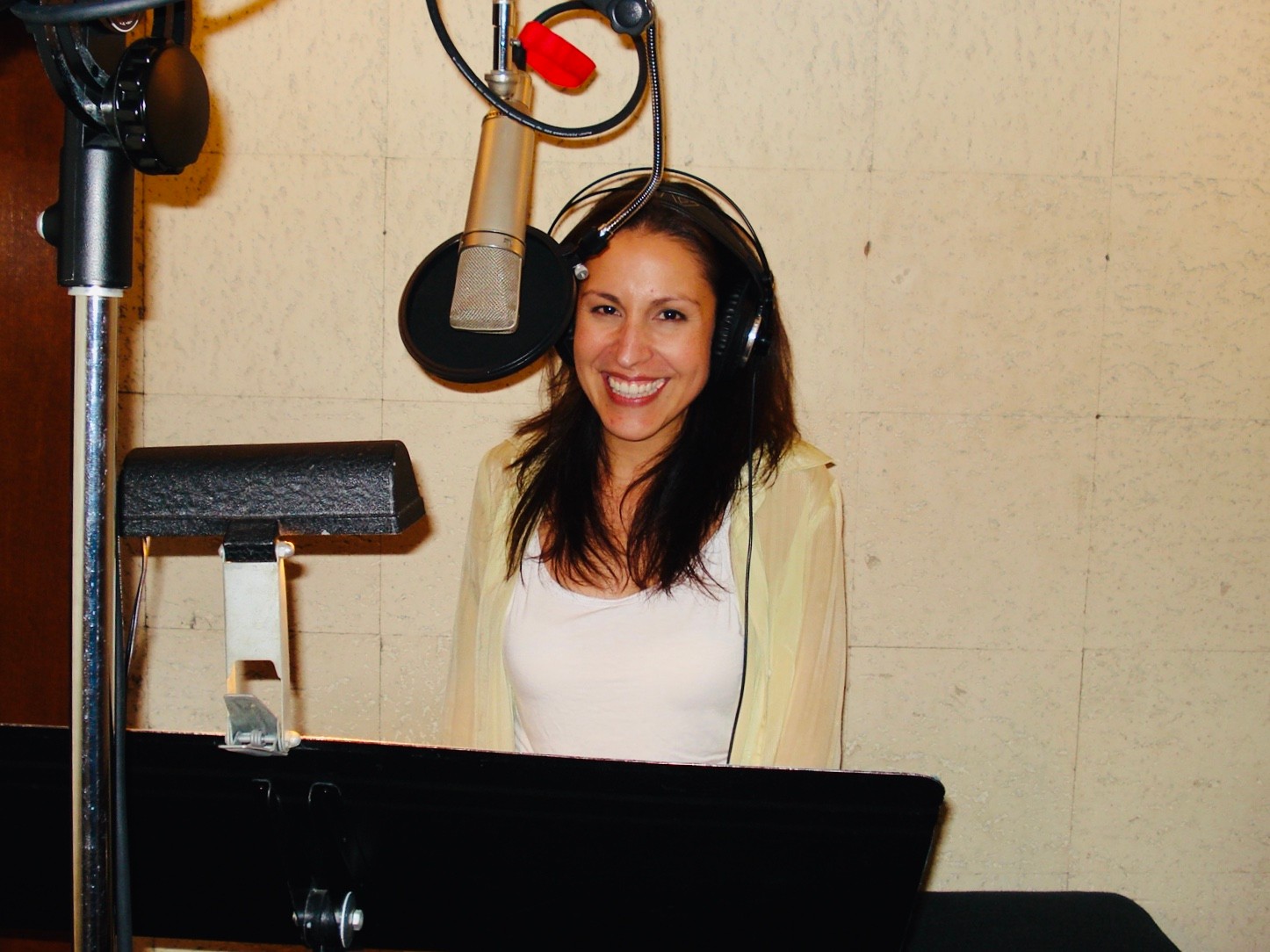
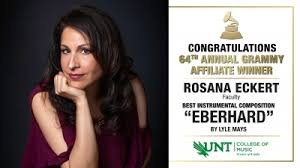
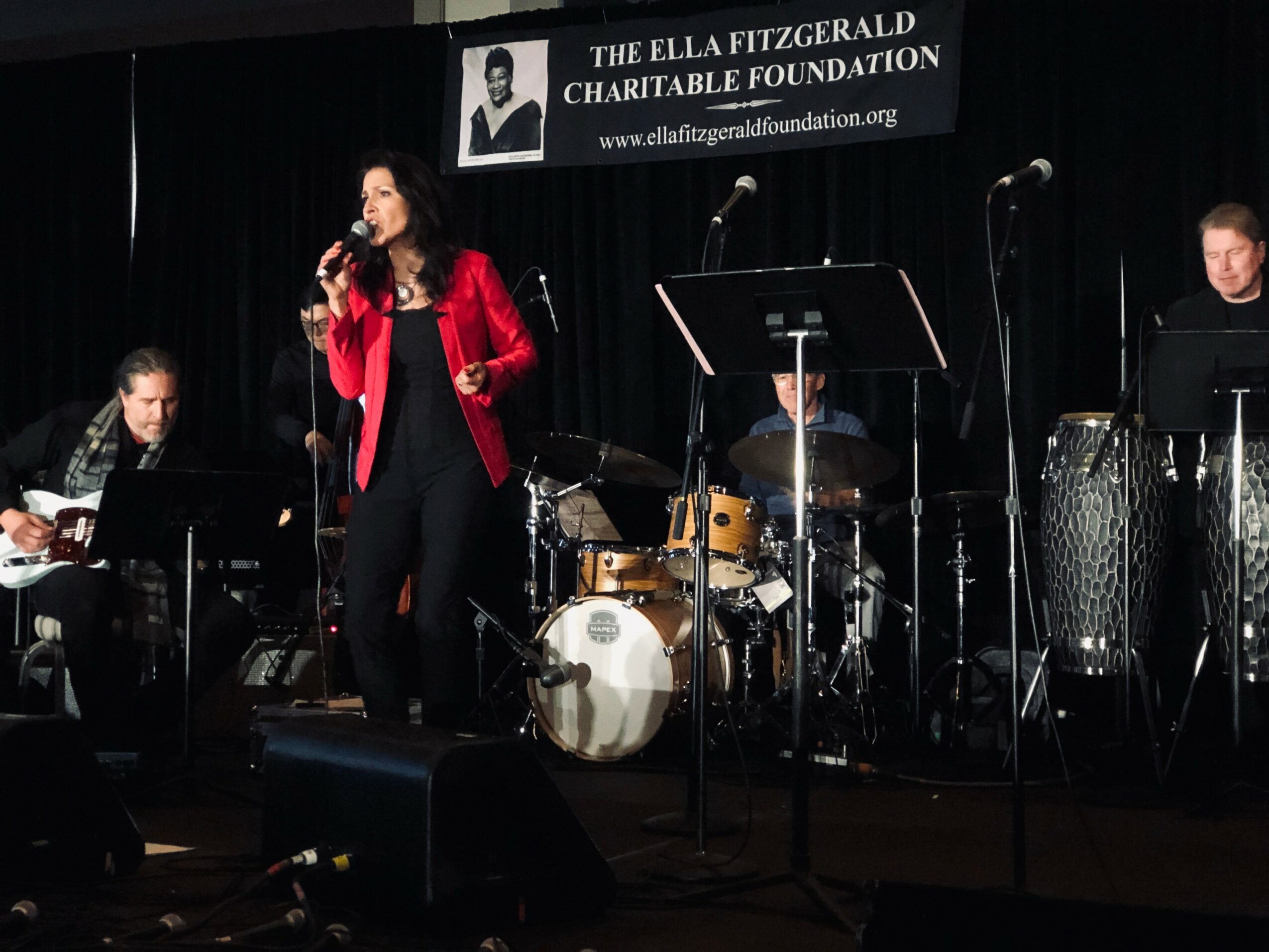
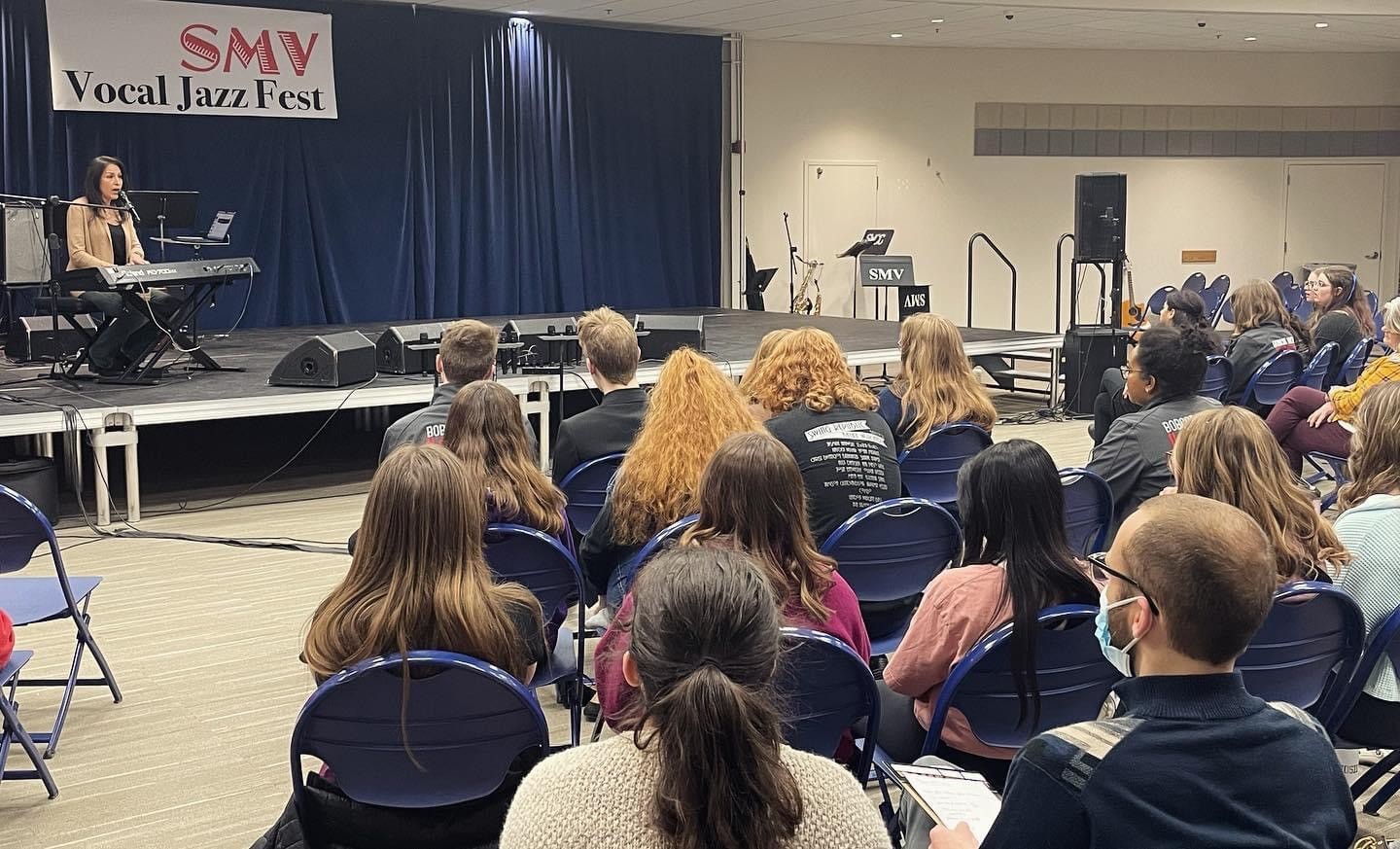
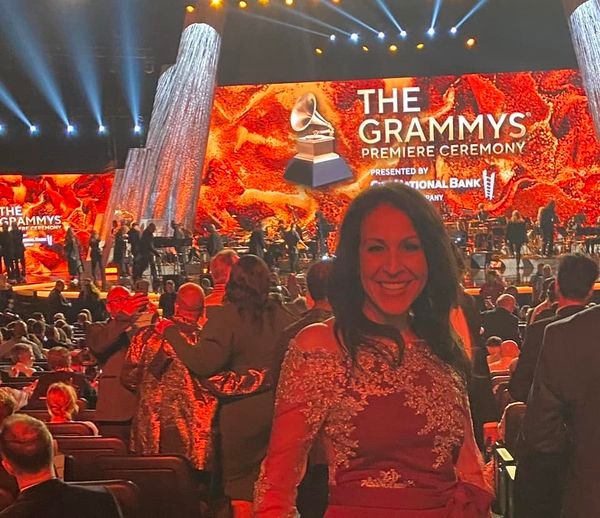
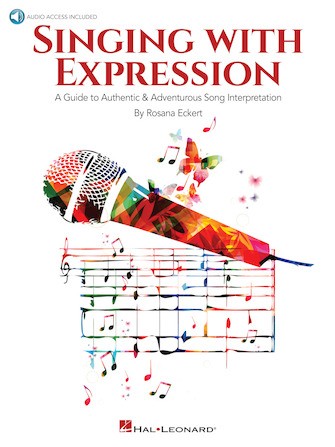
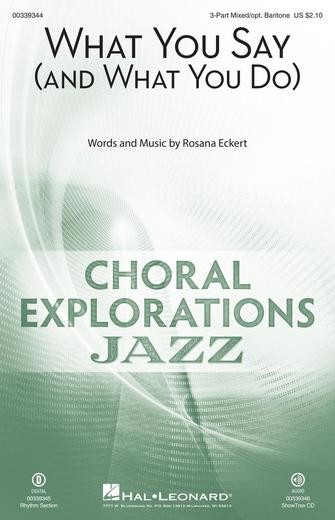
Image Credits
Teresa Jolie
Holly Kuper










